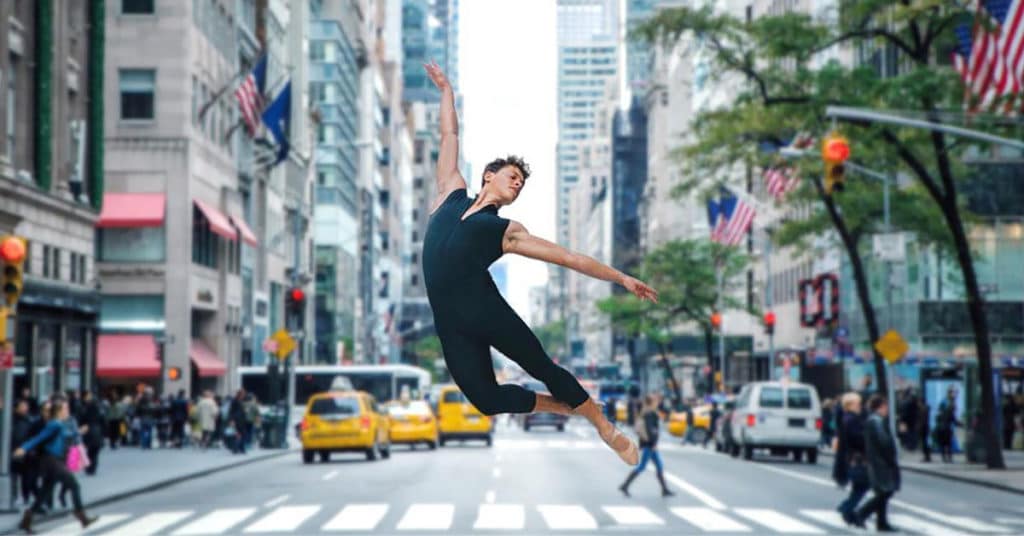The 8th Americas Film Festival New York is virtual at taffny.com from June 21-27, 2021. FREE with registration. Screenings are available in the Tri-State region (NY, NJ and CT).
Americas Film Festival New York 2021
The Festival is a co-production of the Center for Worker Education at CUNY (City University of New York) in Hamilton Heights, Instituto Cervantes NY in Midtown East and the Smithsonian National Museum of the American Indian in the Financial District.
This season presents six features and more than 35 short films. Foreign language films are screened with English subtitles.
“This year under the motto knowledge is power in TAFFNY, we want to highlight the work that filmmakers make to discover and provide different angles and facets of historical events that as human beings it is up to us to understand,” says Artistic Director Diana Vargas. 🇨🇴
The COVID-19 pandemic is an inflection point in human history. It exposed the limits of the Colonial Period’s White supremacy (1415 – present) and the ecological destruction of the Industrial Revolution (1760-1840 – present). Both are related and have put both the people and the Earth out of balance. Now that more Americans understand that society is broken, it’s up to all of us to decide how we put it back together. The status quo is certain doom, but there is still hope. Honest tellings of our past are not always pleasant, but they offer the possibility of a better future. The storytellers in the Americas Film Festival are voices of hope.
Opening Night
The opening night film, co-presented by Instituto Cervantes, is The Weasel’s Tale (El cuento de los comadrejas) by Oscar-winning director Juan José Campanella (The Secret in Their Eyes). 🇦🇷
“It is a biting comedy about a group of eccentric film veterans from Argentina’s Golden Age of cinema— a beautiful starlet, an actor in the twilight of his life, a witty screenwriter, and a cunning director— who live together in a mansion. Their unusual life is turned upside down when the house becomes the target of young real estate developers, forcing the elderly inhabitants to come together and conspire to drive the couple away and keep their home.”
Sounds like New York gentrification. Everybody has the same joys and problems. Argentina has a small, but vibrant film industry.
Closing Night
The closing night film is Monkey Beach by Loretta Todd co-presented by the Smithsonian National Museum of the American Indian. It is based on the award-winning Edna Robinson novel. Todd is from the Cree Nation of Canada and Montana. She is a thought leader in Indigenous representation. The film has won many awards. 🇨🇦
“After Lisa (played by Secwépemc actor Grace Dove) is served notice by her cousin’s ghost to return to her native village, she sets out on an epic journey to save her brother and contend with the mystical creatures that lurk in the woods nearby. A film about reconnection with the land, its denizens and the secrets it holds, Monkey Beach is also a testament to Indigenous women’s ability to not just endure trials but emerge from them empowered.”
Following the screening is an interactive Q&A with director Loretta Todd and actor Grace Dove, that will be live-streamed on TAFFNY’s Facebook and YouTube pages.
People are often criticized for being connected to the spirit world. But if you strip away cultural elements, you are left with the forces of nature which are omnipresent and universal. Industrial society has broken our connections with the Earth, but we need to reconnect. Indigenous peoples of the world haven’t forgotten.
More Great Films

Deirdre Fishel’s Women in Blue goes inside the Minneapolis Police Department with four female officers both before and after George Floyd’s murder.
Marta Hincapié Uribe’s The Reasons of the Wolf (Las razones del lobo) tells the story of the last 50 years of civil war in Colombia from the point of view of a wealthy political family in Medellín. That’s very relevant because the war is breaking out again. 🇨🇴
The Havana Film Festival New York contributes films that explore U.S.-Cuban relations. Cuban Dancer by Roberto Salinas tells the story of a Cuban ballet dancer who moves to Florida to pursue his career. That’s not as easy as it sounds. In Silvio Rodríguez: My First Calling (Silvio Rodríguez: Mi Primera Tarea) by Catherine Rodríguez, the legendary trovador (political folk musician) describes his experience in the youth brigades of the 1961 Cuban Literacy Campaign. As a result of this and other programs, Cuba has the highest literacy rate in Latin America. 🇨🇺
The countries represented in the Festival include: 🇦🇷🇧🇴🇧🇷🇨🇦🇨🇱🇨🇴🇨🇷🇨🇺🇩🇴🇲🇽🇵🇪🇪🇸🇺🇸🇺🇾
See you at the 8th Americas Film Festival New York! taffny.com
